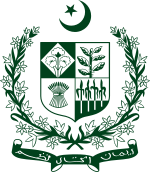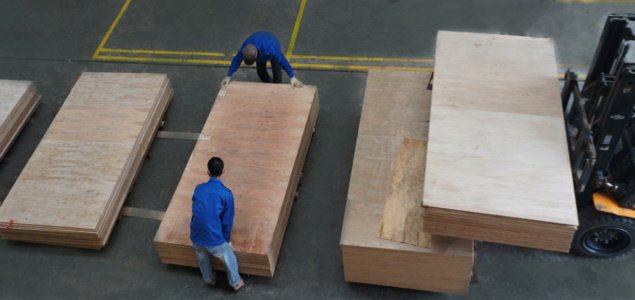In a significant development, the Economic Coordination Committee (ECC) of the Cabinet in Islamabad has mandated the Ministries of Commerce and National Food Security and Research to conduct a thorough review of Pakistan’s timber and wood import policy. The review specifically focuses on phyto-sanitary considerations and potential impacts on the human ecosystem, highlighting the government’s commitment to balancing trade interests with ecological concerns.

The ECC of the Cabinet in Islamabad has directed Pakistan’s Ministries of Commerce and National Food Security and Research to review the import policy for timber and wood that involves phyto-sanitary considerations and potential impacts on the human ecosystem. The decision came after the All Pakistan Timber Traders Association (APTTA) requested the suspension of import conditions outlined in the Import Policy Order (IPO) 2022.

Key Developments:
- APTTA’s Appeal: The decision follows a request from the All Pakistan Timber Traders Association (APTTA) to suspend the import conditions outlined in the Import Policy Order (IPO) 2022. The association expressed concerns over the implications of these conditions on the timber industry.
- Temporary Suspension: Initially, the government suspended these conditions until August 31, 2022, and later extended the suspension to March 31, 2023. To address industry concerns, the Ministry of Commerce proposed further suspension until August 31, 2023.
- ECC Decision: The ECC, in response to industry dynamics, decided to extend the suspension of import conditions until October 31, 2023. Simultaneously, both ministries are tasked with conducting a comprehensive review and submitting a report on import conditions in consultation with stakeholders before the expiration of the extended suspension period.
- Fee Charges for Phyto-Sanitary Controls: Presently, small fees are imposed for phyto-sanitary controls on each container of imported wood. However, there is speculation that APTTA may influence authorities to halt these charges, addressing what it sees as trade barriers.
Implications and Future Outlook:
- Industry Collaboration: Stakeholders in the timber and wood industry are encouraged to actively engage in the review process, providing insights and perspectives to shape the evolving import policy.
- Navigating Trade Barriers: The potential cessation of fees for phyto-sanitary controls presents an opportunity for industry players. Businesses should stay informed and strategically position themselves to navigate evolving trade dynamics.
- Government-Industry Coordination: The ECC’s directive highlights the importance of a collaborative approach between the government and industry to address concerns, fostering a conducive environment for sustainable growth.
Stay Informed, Stay Prepared:
As the review unfolds, it becomes imperative for businesses, associations, and individuals involved in the timber trade to stay informed about updates, potential policy shifts, and industry implications. Navigating this evolving landscape strategically will be key for continued success in Pakistan’s timber and wood sector.
Source: Fordaq.com




